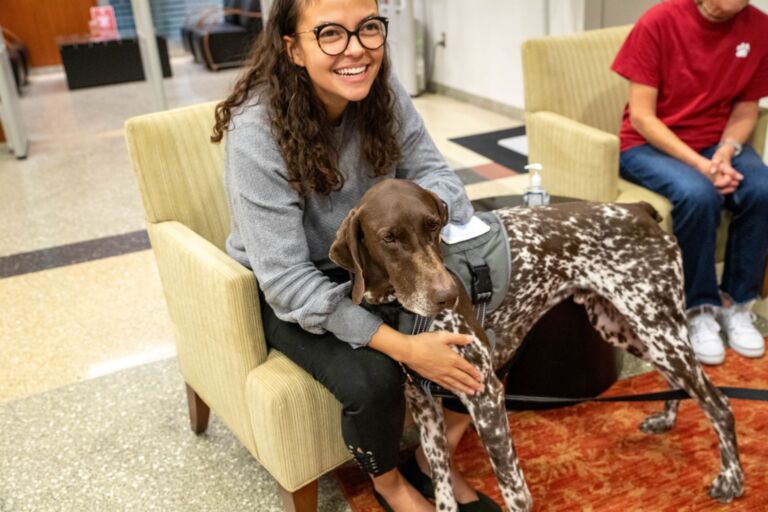Blind law students enrolled in a bar exam class offered by BarBri, Inc. settled their claims which alleged the bar prep company denied them fair and equal access to critical components of BarBri’s online test prep offerings.
BarBri agreed as part of a court-enforced consent decree to update its offerings using industry-recognized web accessibility guidelines and to strengthen internal processes to ensure compliance with these standards.
“The bar exam is the final step for entry into the profession and bar review courses have become an essential part of preparing to take the exam,” said Jonathan Smith, Executive Director of the Washington Lawyers’ Committee for Civil Rights and Urban Affairs, in a press release. “This settlement clears unreasonable and unlawful barriers standing in the way of blind bar exam takers and ensures that the legal profession is open to all.”
BarBri is the host of the BarBri Bar Review, the largest bar exam prep class in the U.S. Courses include traditional, in-person components, such as live lectures and classroom sessions, as well as an assortment of online and mobile-based supplemental resources.
Blind law students and those that have low vision often rely on screen access software that vocalizes information or displays content on a refreshable Braille display. To work properly, websites and apps must be compatible with talking screen readers.
According to a 2016 lawsuit filed in Texas federal court, BarBri failed to provide compatible digital resources and refused to take corrective action after being notified. The lawsuit described multiple technological barriers and functionality issues that undermined the students’ ability to access and utilize BarBri’s online resources.
The students alleged that they could not take online practice exams as advised by their BarBri instructors. The students were also unable to read course materials that were incompatible with talking screen software. Other online components, such as real-time feedback, comparative ratings and lecture handouts, were inaccessible.
The lawsuit alleged that BarBri’s actions were a violation of federal and state laws prohibiting discrimination against individuals with disabilities and mandating that reasonable accommodations be made to improve accessibility.
“The settlement marks an important victory for blind students, who despite years of hard work and dedication, often face significant hurdles in achieving their professional and academic dreams,” Shaylyn Cochran, co-counsel for the plaintiffs, said in a press release. “Far too often, our society fails to recognize the significant challenges that those with disabilities face, often fueled, as in this case, by the blatant disregard for the rights guaranteed to them by law. We are proud to have helped secure this measure of justice for our clients and hope it strengthens the ability of BarBri and others across the education sector to better serve all students.”
Tyler Roberts is an editor for The National Jurist. You can follow him on Twitter at @wtylerroberts.






